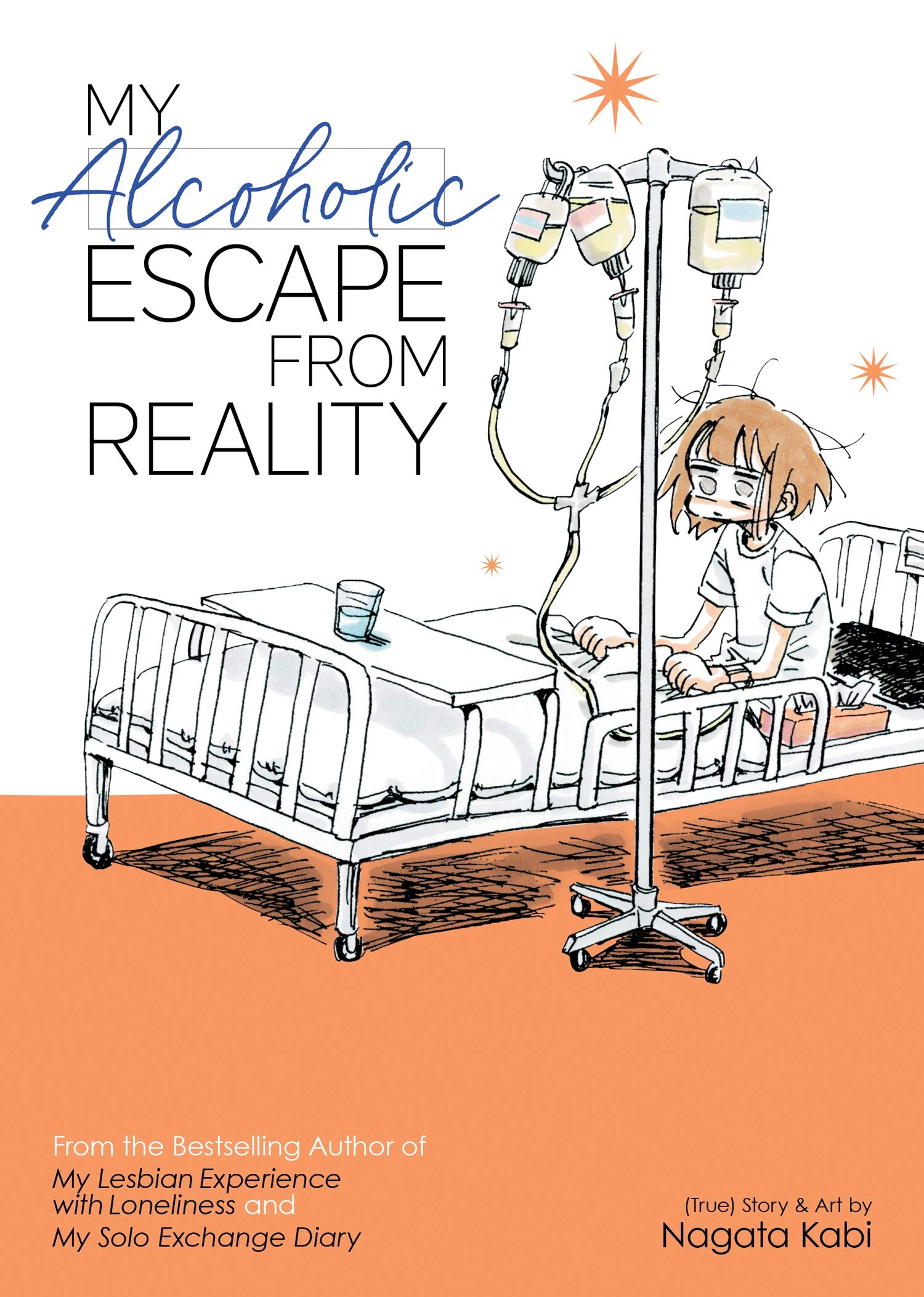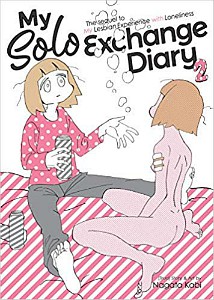Amazon Affiliate Link | Bookshop.org Affiliate Link Nagata Kabi is back with My Alcoholic Escape From Reality! The mangaka behind My Lesbian Experience With Loneliness and My Solo Exchange Diary returns with another memoir, this time about being hospitalised for acute pacreatis resulting from her alcoholism. My Alcoholic Escape From Reality feels a lot moreRead More
Susan reviews My Solo Exchange Diary Volume 2 by Nagata Kabi
My Solo Exchange Diary Volume 2 is another set of autobiographical essays about Nagata Kabi’s life and depression. Where Volume 1 followed her attempts at independence and romantic intimacy while unpicking her relationship with her family, whereas volume 2 finds Nagata Kabi enjoying friendship and emotional intimacy, while her mental health takes a nosedive. JustRead More
Susan reviews My Solo Exchange Diary Volume 1 by Nagata Kabi
Nagata Kabi’s My Solo Exchange Diary Volume One is a follow-up to her hit autobiographical manga My Lesbian Experience With Loneliness (which I reviewed in June!). It is an autobiographical essay collection talking about her depression, her attempts to leave home and gain her independence, and her relationship with her family; and it is harrowing.Read More
Susan reviews My Lesbian Experience With Loneliness by Nagata Kabi
Nagata Kabi’s My Lesbian Experience With Loneliness is an autobiographical manga about the creator’s life as a young queer Japanese woman with depression, who decides that the best way to resolve her difficulties connecting with people and her understanding of her own sexuality is to hire an escort. My Lesbian Experience With Loneless is aRead More

